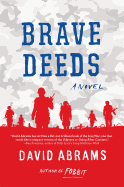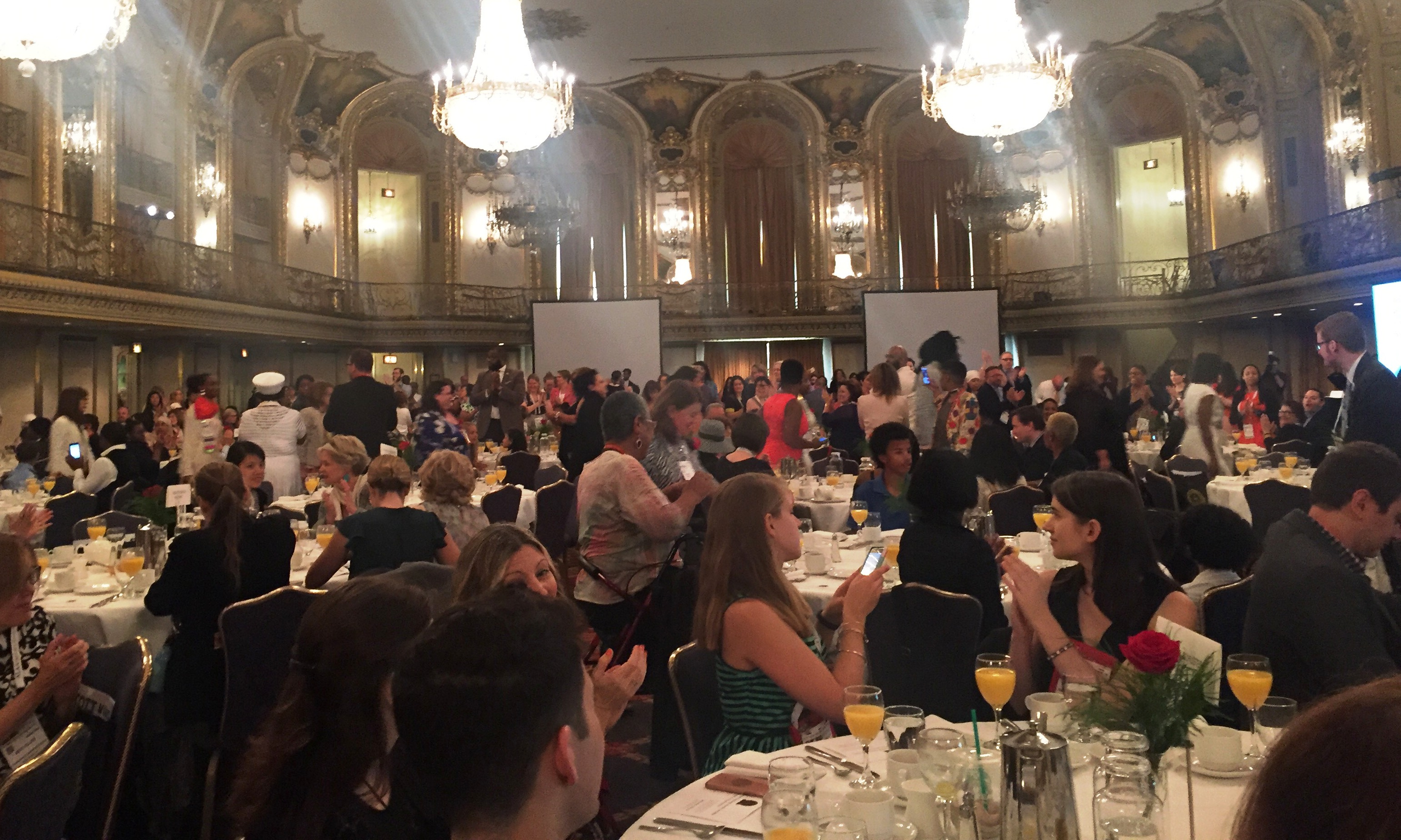 |
| The crowd at the Coretta Scott King awards. |
At the 48th annual Coretta Scott King Book Awards breakfast, held yesterday morning in the grand ballroom of the Hilton Chicago, chair Dr. Pauletta Bracy made a brief introduction, then everyone in attendance stood and sang "Lift Ev'ry Voice and Sing," often referred to as the African American national anthem. Pastor Kimberly L. Ray of Angie Ray Ministries delivered a powerful invocation, followed by brief, forceful comments from ALA president Dr. Julie Todaro: "We are at war. We remain at war," she said, "It's in every corner of our country.... Use this conference for calmness."
Calmness was found in a very quick breakfast, followed immediately by a presentation of the awards and speeches from the winners and honorees. Nicola Yoon, winner of the John Steptoe Award for New Talent (The Sun Is Also a Star,Delacorte), spoke to how books for young readers can (and need to) be mirrors. "When I was growing up, I didn't see a lot of characters that looked like me," she said. "I didn't know that my interior life mattered...." It's important to recognize that "we are more than a stereotype. We are more than the struggle. We get to have joy."
Illustration Honoree R. Gregory Christie (Freedom in Congo Square, author Carole Boston Weatherford; Little Bee Books) spoke softly, remarking upon the special place Louisiana (where Congo Square is located) has in his heart: it is a place with immense cultural and linguistic history and "they have liquor stores you can drive through and get a drink." He said Freedom in Congo Square was one of the most difficult books he's done "career-wise" as he hopes it gives people of color a sense of dignity and a voice. Christie's fellow Illustration Honoree, Jerry Pinkney (In Plain Sight, author Richard Jackson; Neal Porter/Roaring Brook), is a multiple-award-winning illustrator who has spent decades making works for children. Having delivered many an award speech in his time, he spoke briefly, commenting that people have begun asking him how they could possibly do children's books in this political climate. "This is the time we get to work," he said.
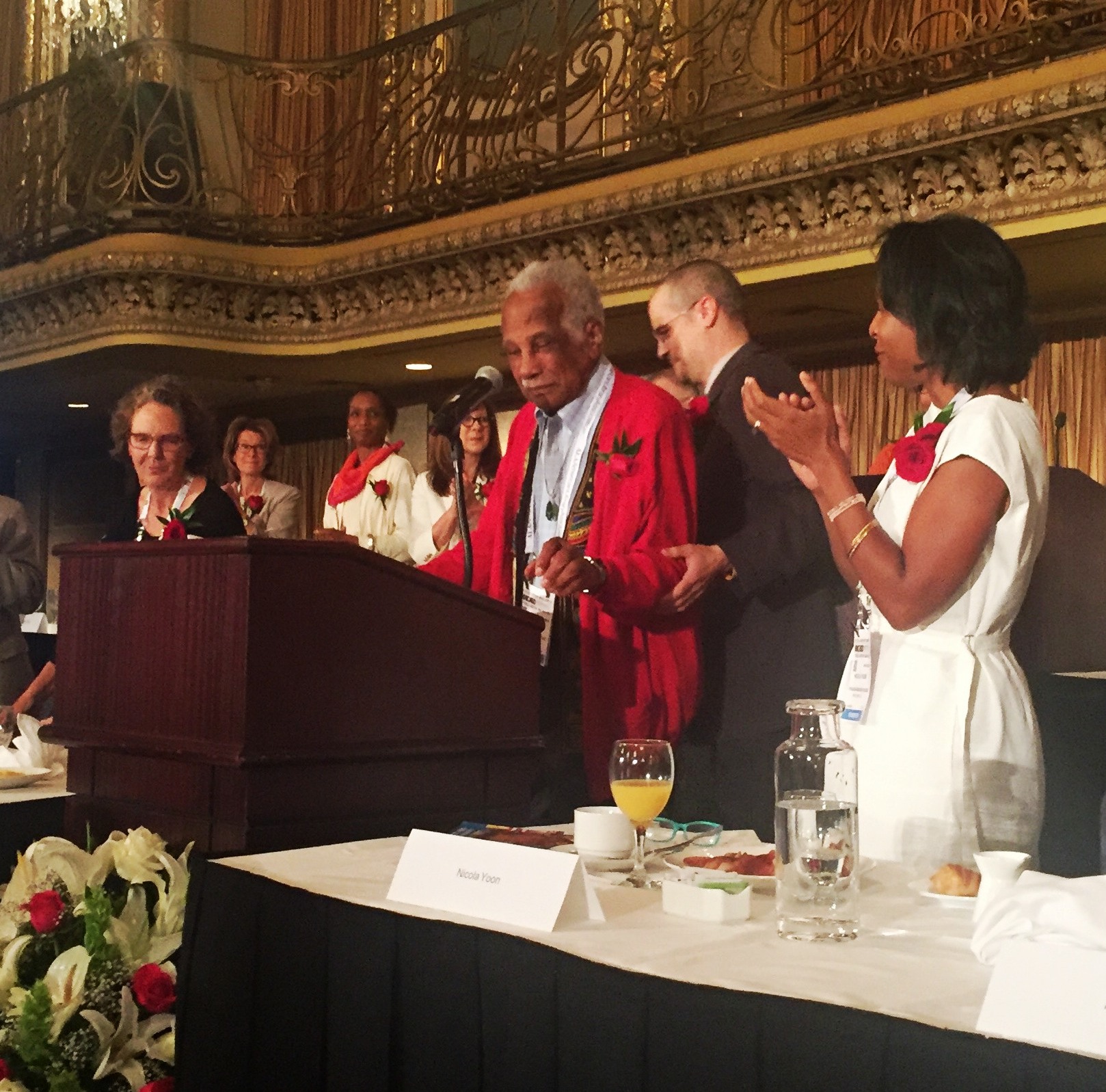 |
| Ashley Bryan at the podium |
Ashley Bryan received honors in two categories: Illustration and Author (both for Freedom over Me: Eleven Slaves, Their Lives and Dreams Brought to Life, Atheneum). Although the 93-year-old made his entrance and exit in a wheelchair, he walked to the podium and stood, speaking loudly and passionately, thanking all the dreamers for being here and receiving a standing ovation both at the beginning and the end of his speech. Author Honeree Jason Reynolds (As Brave as You, Atheneum) followed Bryan, opening with, "Everybody good? Everybody crying?" He told a story about his mother, using a conversation about picking and saving potatoes to create a grand metaphor about the need to change the way we teach in primary and secondary schools; people of color and their stories need to be visible in classrooms.
Illustration Winner Javaka Steptoe (Radiant Child: The Story of Young Artist Jean-Michel Basquiat, Little, Brown), son of late fellow Coretta Scott King Award winner John Steptoe, took the podium next, saying that he "set out to create works that would change the landscape of the multicultural market." Preferring to give speeches spur of the moment, he joked about how they had made him write this one down, but then found himself choked up, unable to continue for many moments. Yells of "you got this!" and "take your time!" came from the crowd until he was ready to continue. "I want this award to help me build better bridges," and to highlight that "the kids and the families are not broken--the system is." He finished with a note to "those who say multicultural titles don't sell. I say this: I still receive checks."
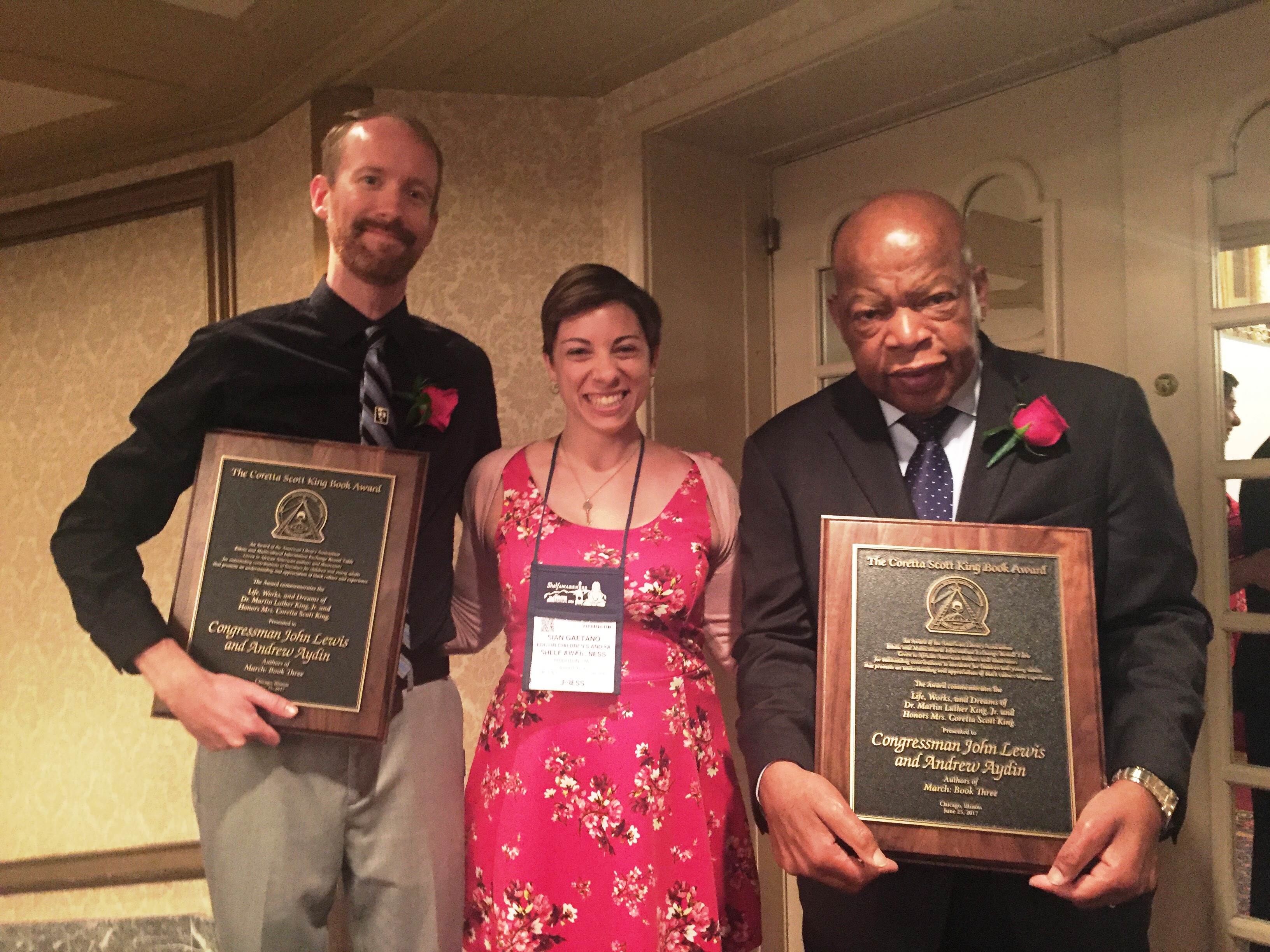 |
| Illustrator Nat Powell and Congressman John Lewis with Shelf Awareness's Siân Gaetano |
And then it was time for the Coretta Scott King Author winners: Congressman John Lewis and Andrew Aydin for the third and final volume of March (Top Shelf), chronicling Lewis's activism during the Civil Rights Movement. Due to a family emergency, Aydin was unable to make it, but the book's illustrator, Nate Powell, stepped in for him, taking an emotional moment to read a short message from the absent author: "My mother is dying. She's so proud of this book and she would be mad at me for missing this." Representative Lewis followed: "If someone had told me I would be standing here 52 years ago, I would have told them 'you don't know what you're talking about.' " And yet, there he was, telling the crowd how he and his fellow Civil Rights activists had been prepared to die that day on the bridge. Books build bridges, not walls, he said, and it was books that inspired him to get into trouble--good trouble. It is imperative to "continue to make the truth available."
After the event, Powell remarked on his incredible (though bittersweet) ALA weekend as March: Book Three is honored with a total of four awards: the Coretta Scott King, the Michael L. Printz Award for literary excellence in young adult literature, the Robert F. Sibert Informational Book Medal and the YALSA Nonfiction Award. He said that it has been "intense and fantastic and grounding and so important. With the turbulence and the dread and anxiety of our political climate, present and future, any time you have the chance to come into a space of like-minded individuals--people who believe in ideas--there's a certain kind of peace that comes with that. Comic culture, book culture, nerd culture--it's like a homecoming every single time." Representative Lewis also remarked, "It's been a very moving weekend to have people recognize our book. I think it speaks to what young people did and what young people still do in changing society. It was the young people that led the way. And it will be the young people that lead us in the 21st century."
The last award, the Coretta Scott King Award for Lifetime Achievement, was presented to Dr. Rudine Sims Bishop, Professor Emerita at Ohio State University and member of the 2017 Coretta Scott King Book Awards Jury. She was joined on the jury by Kacie V. Armstrong, Sam Bloom, Erica T. Marks, April Roy, Martha V. Parravano and Ida W. Thompson. --Siân Gaetano
 "If books constitute a magical religion that doesn't persecute anyone, then obviously a bookshop is a radiant chapel of that religion. In this strange new world the importance of books and bookshops has taken a quantum leap. I am thrilled, strengthened and frankly improved by receiving this award from this Atlas-like sector of society--may independent bookshops thrive, and indeed be nurtured, till the end of time."
"If books constitute a magical religion that doesn't persecute anyone, then obviously a bookshop is a radiant chapel of that religion. In this strange new world the importance of books and bookshops has taken a quantum leap. I am thrilled, strengthened and frankly improved by receiving this award from this Atlas-like sector of society--may independent bookshops thrive, and indeed be nurtured, till the end of time."





SHELFAWARENESS.1222.S1.BESTADSWEBINAR.gif)






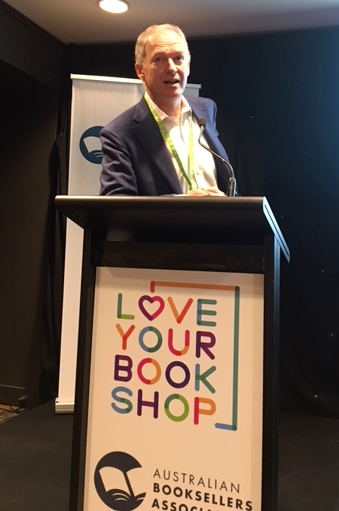
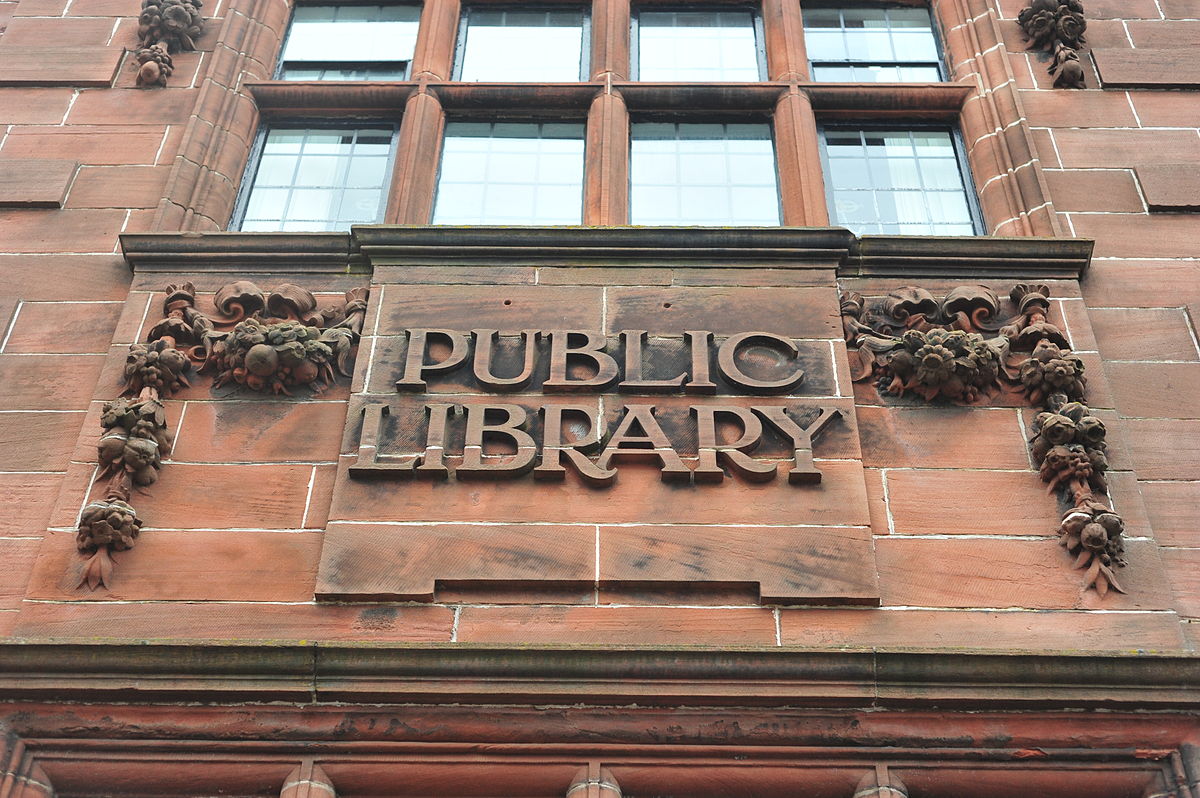 Millennials in the U.S. are more likely to have visited a public library in the past year than any other adult generation, according to a
Millennials in the U.S. are more likely to have visited a public library in the past year than any other adult generation, according to a 
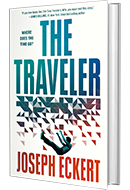
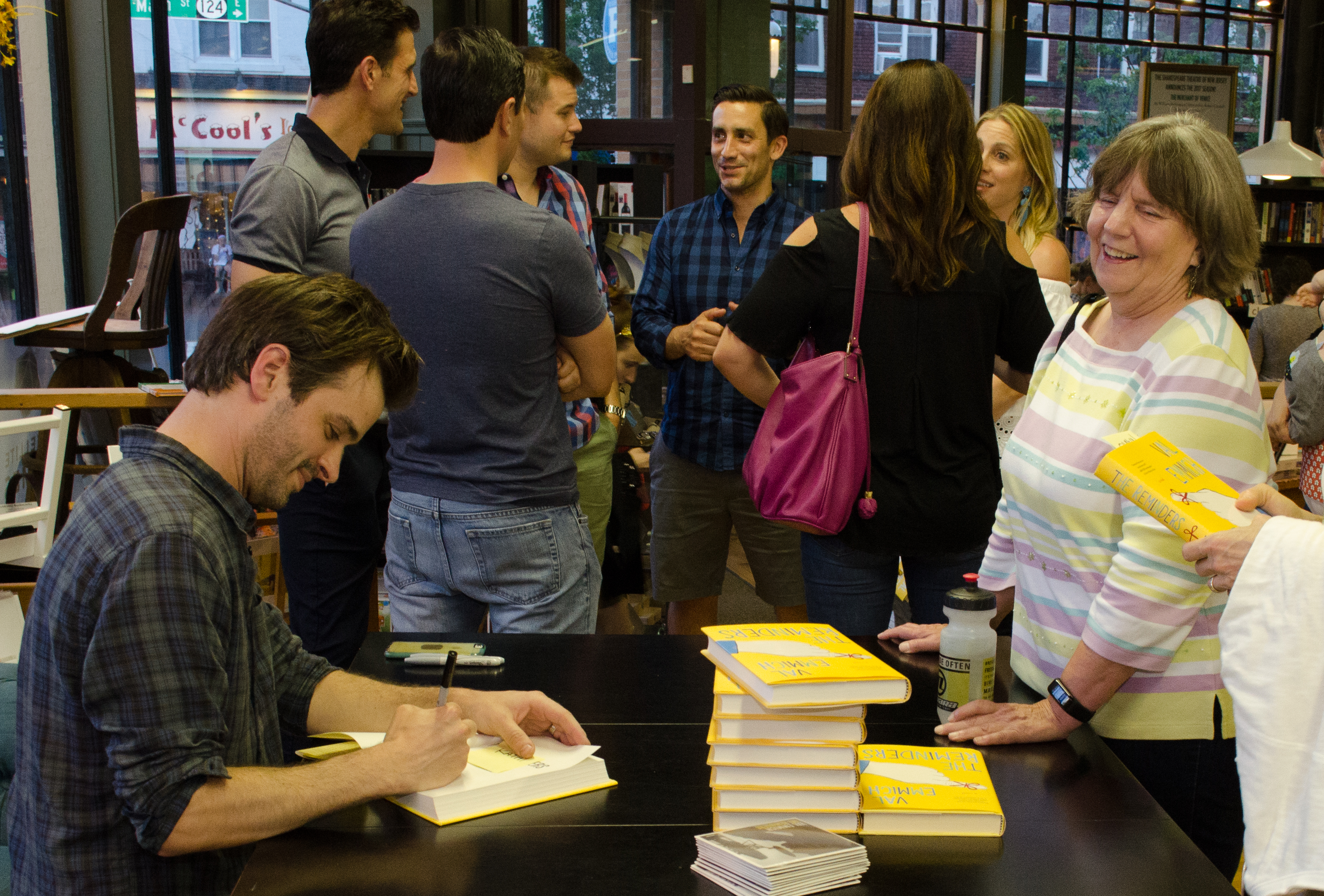 Despite a torrential rainstorm, debut novelist Val Emmich read from his novel The Reminders (Little, Brown) and performed songs inspired by the book to a standing-room-only crowd last Friday at
Despite a torrential rainstorm, debut novelist Val Emmich read from his novel The Reminders (Little, Brown) and performed songs inspired by the book to a standing-room-only crowd last Friday at  On her blog, Randy Susan Meyers, author most recently of The Widow of Wall Street, paid tribute to the
On her blog, Randy Susan Meyers, author most recently of The Widow of Wall Street, paid tribute to the 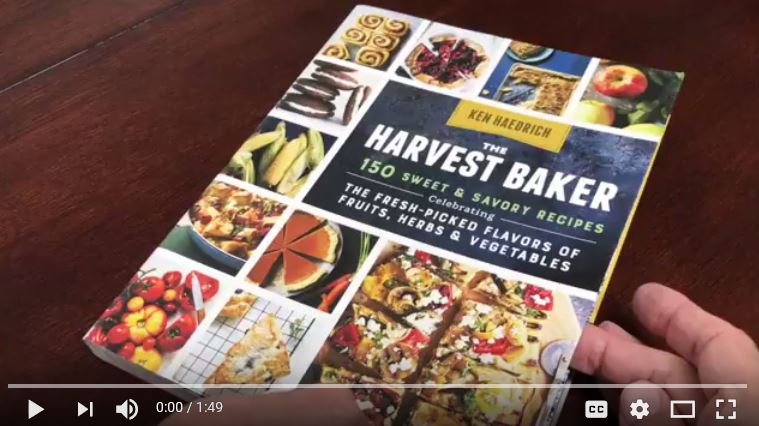 The Harvest Baker: 150 Sweet & Savory Recipes Celebrating the Fresh-Picked Flavors of Fruits, Herbs & Vegetables
The Harvest Baker: 150 Sweet & Savory Recipes Celebrating the Fresh-Picked Flavors of Fruits, Herbs & Vegetables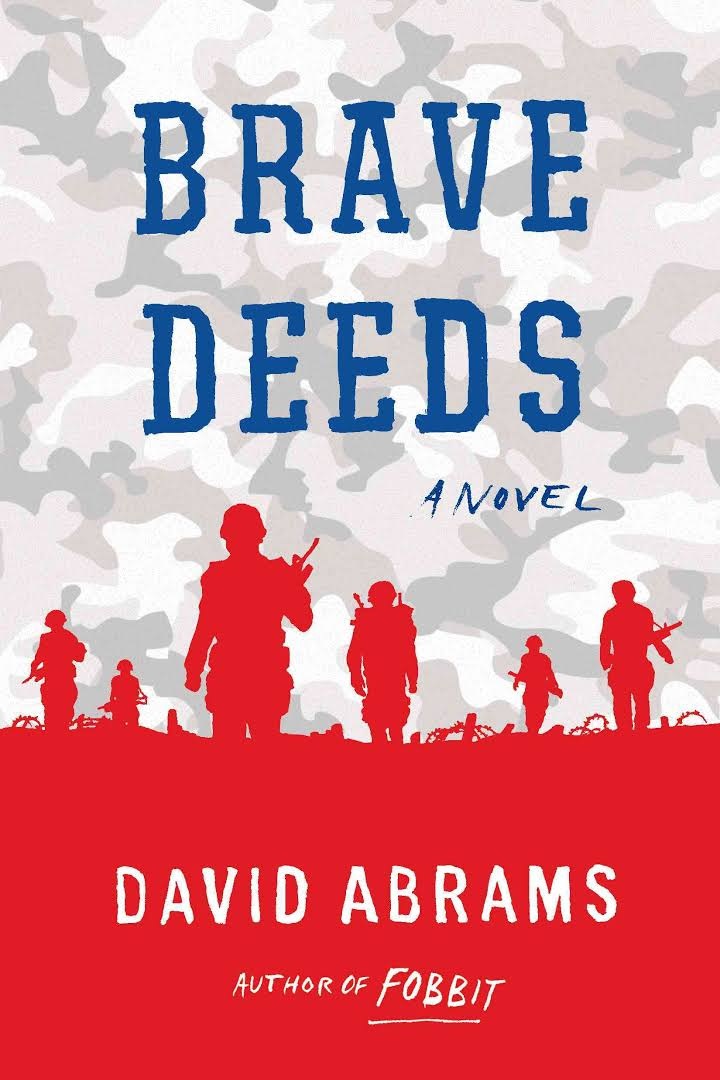 In his first novel,
In his first novel, 